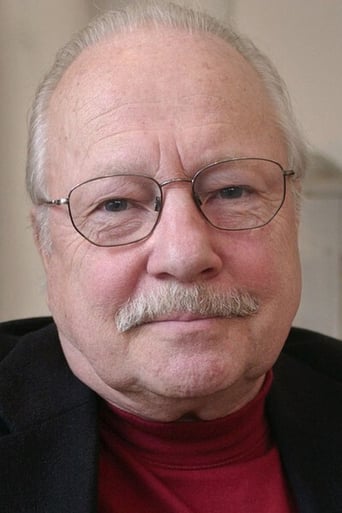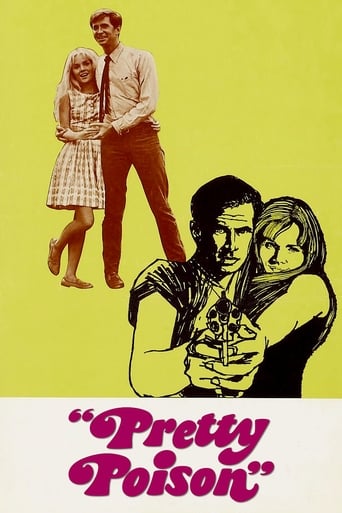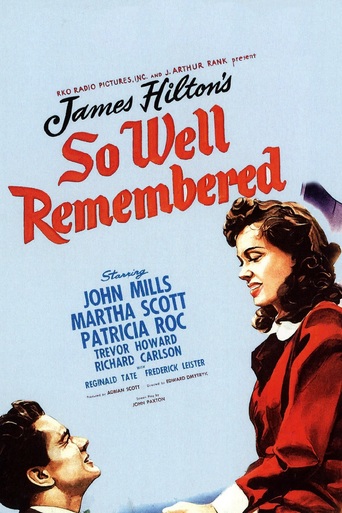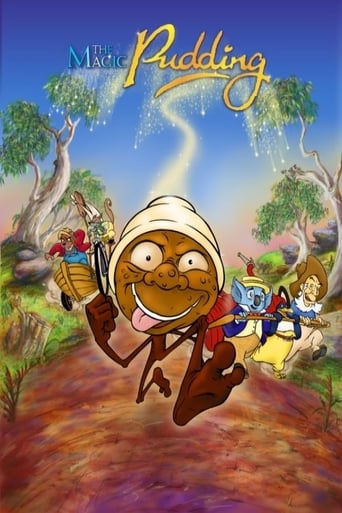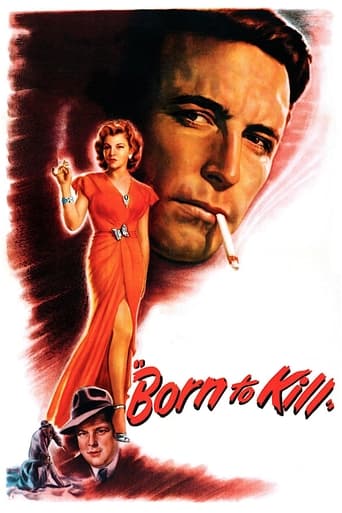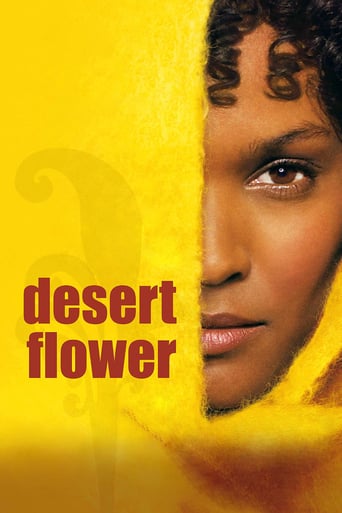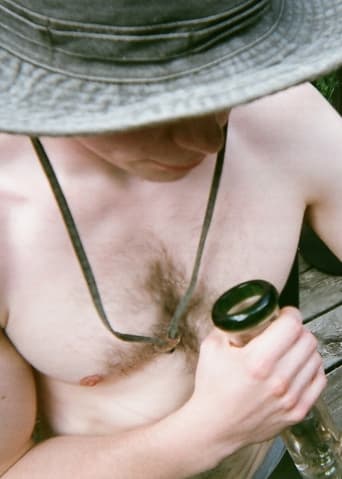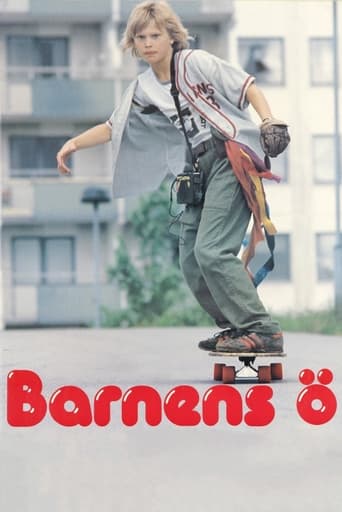
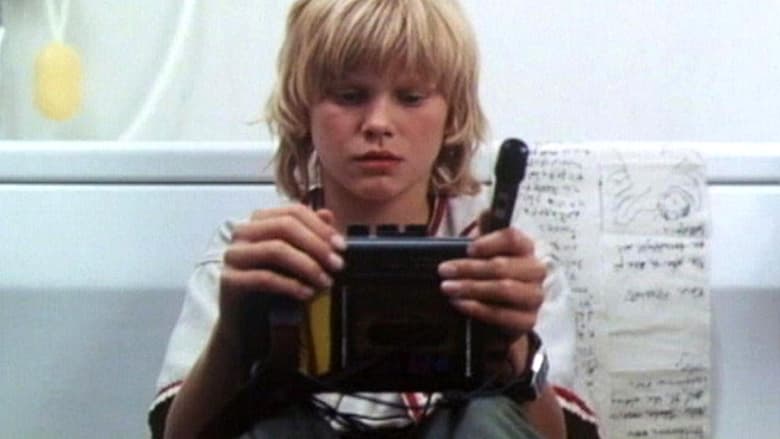
Children's Island (1980)
Reine is supposed to go to a summer camp called Children's Island but decides to remain in Stockholm over the summer while his mother is working at a hospital. She thinks he is at the camp, and he tells her he is. We then follow him around Stockholm that summer and see what he encounters on the path of life.
Watch Trailer
Cast
Similar titles

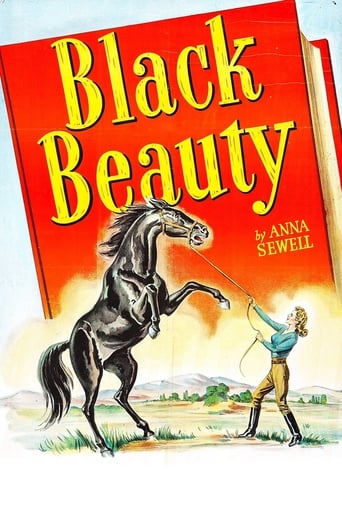

Reviews
Such a frustrating disappointment
Good story, Not enough for a whole film
By the time the dramatic fireworks start popping off, each one feels earned.
Through painfully honest and emotional moments, the movie becomes irresistibly relatable
In the 1980's this film arrived at theaters in Stockholm and soon garnered surprising praise and accolades. This is not uncommon as Swedish directors are not as hung up or uptight about life as Americans who are easily offended. This imaginative, stirring, unabashed and wonderful film, originally called 'Children's island' became " Barnens O " for the Cinema. With a refreshing sense of originality, it tell the story of Reine Larsson (Tomas Fryk) an eleven-year-old Swedish boy on the verge of puberty. Noticeably disturbed by the onset of his twelfth birthday, he displays a deep seated fear he will become as corrupt as every other adult. Living with his single mother, Harriet (Anita Hirdwall) and her abusive boyfriend Stig (Ingvar Hirdwall) in a less fashionable part of the city, he is informed he will be going to Camp for the summer. Realizing this is not his choice, he decides to forgo Camp and instead spend his vacation wondering throughout the city. Once he tricks his mother, he soon discovers each day must be recorded in his journal as he is certain each brings him closer to maturity and death, something which he dreads with impending doom. The movie becomes one long segment of Home Alone (Swedish Style). Traveling about, he encounters the lessons of life with stark brutality. Seeking the 'Purity' of first love, he is threatened with many dangers, and somehow discovers each has cost him a bit of innocence. The film is long on story and punctuated with brief nudity and stark images which only the Swedes could offer an audience. The main star, Tomas Fryk personifies the true talent of an emerging Thespian. Recommeded to anyone longing for an honest portrayal of youthful adolescence. ****
Telling the story wouldn't be the point at all, would it? Barnens ö, spelled almost like "booné aww" is the title for that brilliant novel of the late seventies that shocked a lot of people, including myself.Children's Island is the title, and what an island. In the book, Raine, the main character has The Guiness World Record Book as his own Bible. And he's keen on breaking new records himself. In particular the youngest person under water for three minutes.The story is, as most Swedish films and books of the time, deep, consciously provocative and awe inspiring. Bergman was beginning his final film and Cries and Whispers was barely out. expectations for any Swedish film were pretty high. They taught us then that great theatre, great actors, superb writers and gifted directors made a veritable team of perfection in cinema.All this said, Barnens Ö is a story of discovery. It is, too, a story of alienation: cities are alienating and living in one of them make us aliens to most of its residents. It is a story of revelations and sudden encounters with our own destiny. It is a film of overwhelming hope and desperation. Of feelings buried under layers and layers of isolation and insulation from a world that couldn't care less...This approach, in itself, is a pretty difficult way to weave a convincing narrative. Here, the masterful guidance of Kay Pollak on Ola Olsson's script of P C Jersilds novel, turns it not only in a possibility, but in one of those master pieces of cinema.I may disagree a bit with someone who said that this work was all but forgotten. It is not. Even as I write this in 2009, discussions on P C Jersild's story are conducted all over the world, and the film shown at many film schools and small theatres.Why? Waxing philosophical on all of it would be difficult and many have already done it scholarly through writing and lectures. The reason why Barnens Ö was and IS a special story is the cosy feeling you get from the start when you discover that everything is told through the eyes of a small child. And that's where it ends, too. Maybe it's a clinical view, as someone else pointed out. But deeply disturbing, moving and satisfying. The concept is deep: as long as we have no pubic hair, we still can live one more day as an angel. Afterwards, we'll become what Raine reflects as the colophon of his experiences: "Men are Pigs". He finds his fears when he's fearless. He finds love when the world is crumbling around him. He discovers a reason not to behave like the grown-ups because he refrains from committing crimes. He let go his inner purity and confidence in others without reservation, just to learn how rotten the soul of a man can be.Where love is expected, he finds hatred. Where compassion is needed, he finds suspicion and cold hearts. It's a film of metaphors. A film to think and to raise questions that are hard to ask but harder to answer.In the end, the satisfaction of witnessing such a superb work (that really upped the ante for any other Swedish film after) is a ride of joy and hope. Be aware that it is a film full with the dark side of our nature. But, alas!, a film of hope and deep joy. Reine will still be an Island in Stockholm, but there is the big hope of living today in full, even when we found our first signs of sexual maturity show.
The decades which have passed since the premiere of this movie, have not treated it lovingly. In 1980 it became an immediate classic of Swedish cinema, based on a highly praised, bestseller book. Now, it's all but forgotten.Tomas Fryk, playing the boy about to enter puberty and hating it, makes a formidable performance, and went on to do a number of other films, usually with equal brilliance. But the boy he has to portray is not altogether flesh and blood - more of an intellectual construction of slightly clinical nature.P. C. Jersild, the writer of the book on which the film is based and sticks to quite obediently, is an MD, so to him the perspective might have made sense, but I would have found the character Reine easier to believe if he had not been so single-minded in his attitude to growing up.The human psyche is mysterious, for sure, and often defies understanding. Therefore, so are human actions. But one thing the mind never is, is singular. Everyone contains pro and con to just about anything. Reine lacks the pro, the longing to grow up - and a convincing explanation to why he would lack it.
10 year old Renee lives in a Stockholm suburb alone with his mother. She has only limited time and heart for her boy. Her lover Stig is a scary and frustrated loser. When Renee's mother leaves home for a summer job in another town, Renee is "deported" to a summer camp. But he chose to stay home alone, living one last summer of innocent childhood in the city. He soon meets and befriends some of the lower existences and gradually slides towards criminal activities. The boy has a very special live-philosophy: Lust is what makes grownups crazy - and only children are sane. And his experience of miserable and selfish adults only supports this view. But the boy knows, that he himself will come into puberty - where everything ends! Therefore he makes a daily inspection of his genitals in search of pubic hair. He thinks that hair is the sign of corruption, and he befriends an adult young woman with no hair at all. He thinks she is "pure", but the bald woman turns out to be just as lustfull and selfish as everyone else. There are a lot of dirty words, sexual references and nudity in this movie, which might offend some. It could even be considered (child)-pornographic. But it is a highly artistic and very conscious film, and it has been shown several times on Swedish and Danish TV, public channel prime time. The film gives a very remarkable and outstanding, but also depressing, view of childhood.


